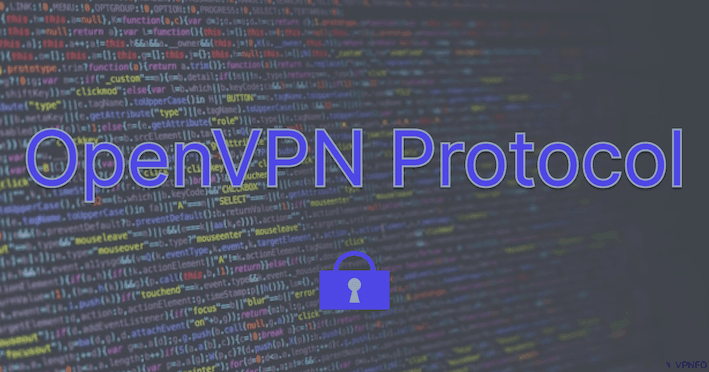Understanding OpenVPN: A Simple Guide
Protocol OpenVPN

What is OpenVPN?
OpenVPN is a very popular VPN (Virtual Private Network) protocol. A VPN permits you to establish a secure connection over the internet to another network. Being open-source, anybody can view, alter or improve its code. It uses encryption, authentication and tunneling in combination to ensure that your data remains safe and private even when transmitted via the web; thus shielding your online activities from prying eyes while also enabling you gain access into restricted content.
Key Differences from Other VPN Protocols
There are many different types of VPN protocols having various features as well as advantages among which include:
- Security OpenVPNs strong points lies with its security measures whereby it employs AES together with 256-bit keys for encryption which is deemed highly secure hence making this option preferable for individuals who value their safety on the internet most.
- Flexibility Different ports can be used by OpenVPN besides supporting both TCP (Transmission Control Protocol) and UDP (User Datagram Protocol). This makes it more adaptive at bypassing network restrictions/firewalls than some other protocols.
- Compatibility Windows, MacOSX, Linux, Android as well iOS are all operating systems where OpenVPN works best. Hence, many people can use it since they have these devices.
- Open Source Everybody can see what has been written therein by anyone else since its codes are open for public scrutiny; thus providing additional trust through community involvement in identifying vulnerabilities quickly and patching them up accordingly.
Comparatively Speaking With Other Protocols:
- PPTP (Point-to-Point Tunneling Protocol) Faster but less secure; easier to set up but known to have weak points making it inappropriate for use when undertaking tasks that require high levels of security such as banking transactions etcetera
- L2TP/IPsec (Layer Two Tunneling Protocol with Internet Protocol Security) More secure than PPTP but slower due to double encapsulation of data; less flexible at bypassing firewalls compared to OpenVPN.
- IKEv2/IPsec (Internet Key Exchange version 2 with IPsec) Faster and more stable especially on mobile devices; lacks the same degree of flexibility/open-source transparency as OpenVPN though still being a strong contender in terms of speed
Ease of Use
Despite its power features, OpenVPNs usability is not compromised:
- Setup A lot VPN service providers have apps which setup OpenVPN for you thus simplifying the process. Just download the app, install it and login.
- Configuration Setting up OpenVPN manually can be challenging if you are not experienced in doing such things. You will need to download configuration files and may have to tweak some settings too. However, there are many guides available that should help walk through this process step by step.
- Use Once configured using OpenVPN is easy. Click or tap once to connect/disconnect from/to your desired server location anywhere around the world without compromising security since all connection requests are encrypted thereby ensuring anonymity throughout browsing sessions.
In summary, OpenVPN is a versatile VPN protocol that provides high levels of security. It differs from other protocols because it uses powerful encryption, has flexibility and is open source based too.When starting out it might seem complex for newbies but most VPN providers offer simplified apps for this purpose making it accessible even among non techie individuals.Therefore whether one values their privacy or wants secure internet connection always go with OpenVPN reliability.